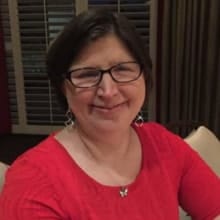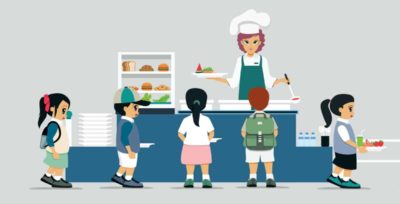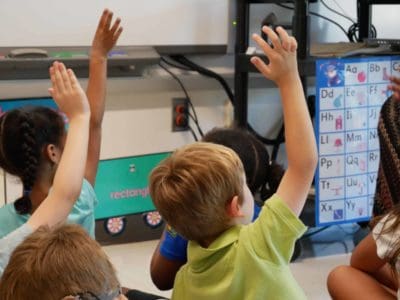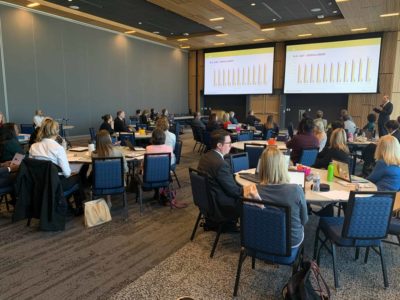There are many ways to look at school choice. Down here in the trenches, the picture looks personal and frustrating.
I’m a white, financially stable mom of an autistic child. In many ways, my family is the poster family for school choice. I have the resources and time to access the choice options in my area. Yet time and time again, I stay and fight for public schools.
In my opinion, one of the biggest challenges of the choice model is that it’s not interested in making public schools better. The choice model states that if you’re not happy with your school, leave. I’ve felt this way many times.
However, what about the problems that led me to feel this way? Are they still there for future generations to endure when I leave? What about the children who can’t afford to leave? Are the problems so bad that they can never change?
The problems with public school are not insurmountable. Many of the problems stem from a very fixable solution — we need to fully fund our public schools. Students in North Carolina can succeed with more resources and better resource allocation to our most vulnerable students.
We’ve lost thousands of teaching assistants positions in the last decade. More eyes and ears in the building could make a dramatic difference for students. We don’t have enough support staff to provide emotional support and medical assistance.
Money matters. At the backbone of discussions about disability awareness, updated special education teacher training, and a more inclusive curriculum is money for professional development.
When parents leave the public school system, frustrated that their Individualized Education Program (IEP) plan wasn’t addressed or that services were denied, it feels like I’ve lost one more voice. No one leaving public schools is giving an exit interview. Our school board, or at least central staff, need to know what went wrong. Special education parents need to do something productive with our anger at a system that fails us. We need to advocate for change at every level of government.
Public school offers something that most private schools can’t guarantee — and that is full legal rights. Choosing a private school means those rights, certified special education teachers, and free services may not be available. I want my child integrated with his peers in a diverse school as much as possible. Public school has the potential to provide that. But it is by no means living up to its promise — and that is why I fight.
It is hard to find a nonprofit these days for kids with disabilities fighting for better funding for public schools. Many, like the Autism Society of North Carolina, are favorable towards school choice. They are not fighting.
I don’t hear our local and statewide nonprofits organizing when we have real school funding problems. We need strong advocates for our kids who are interested in making public school work for all children. I don’t need another seminar on knowing my individual rights. I need to address the underfunding of a system.
I’ve seen advocacy work firsthand. I was proudly part of a team of parents in North Carolina that secured funding for our specialist teachers. Our voices carry weight if only we have the guts to use them. So many of the problems disability parents deal with on a small scale are part of the larger systemic issue of underfunding. I’m done fighting the small scale battle, and I’m ready to address the national, state, and local level of underfunding of our public schools.
School choice is tricky. I will always understand when a child is harmed that they need to find a safe place. However, I believe public school is the best way to educate our children.
Public school is just that — it is public. We the people have the power to shape it and change it for the better. No other choice option allows for the public to engage in direct action like public education. Thus, it is time to lift our voices together and be advocates of change to fully fund our public schools — not just for our kids, but for every kid.





